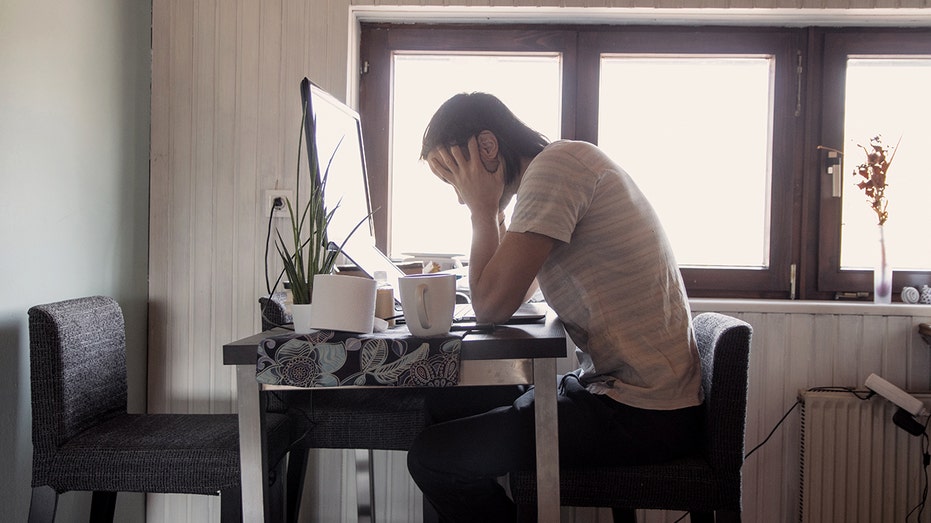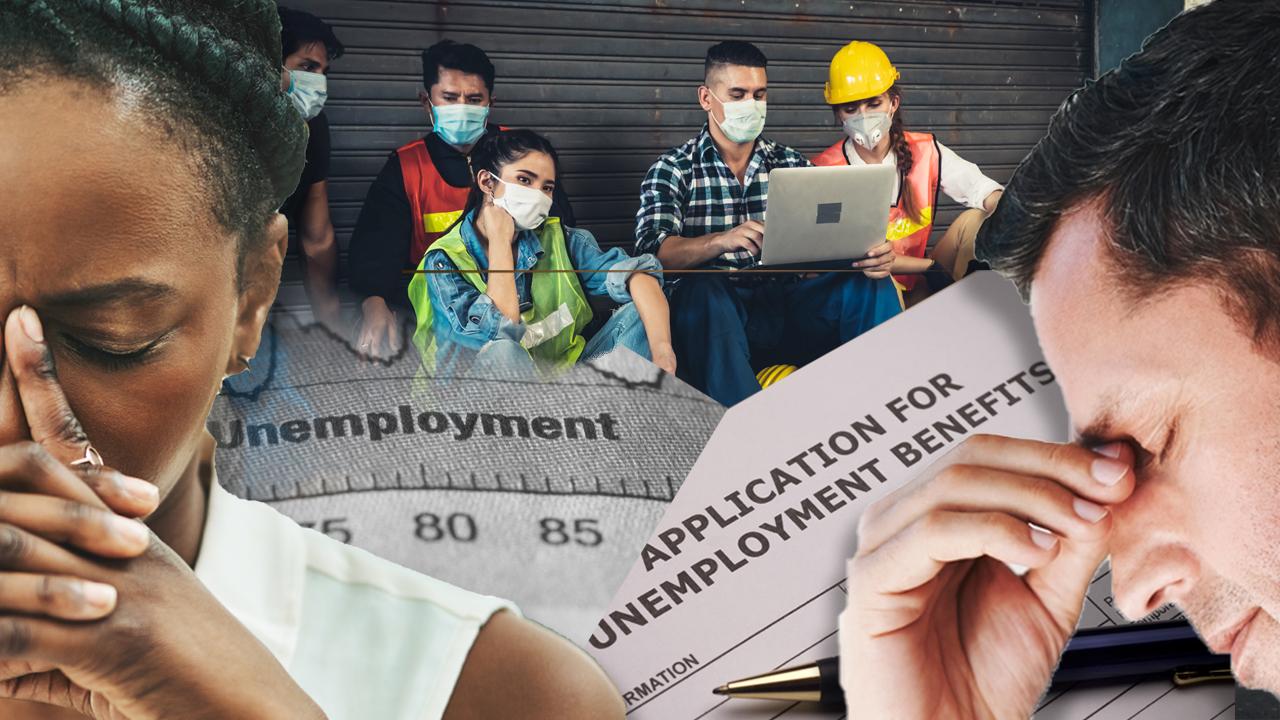Mental health risks among employed Americans remain high
54% of American workers reported being depressed between Feb. and June during coronavirus pandemic
The number of American workers struggling with mental health conditions during the coronavirus pandemic remains high, new data suggests.

Employed Americans continue to grapple with mental health during the coronavirus pandemic. (iStock).
More than half of Americans (54) percent reported being depressed between Feb. 3, before the widespread outbreak of COVID-19 and, June 28, according to new data from a Mental Health Index report by Total Brain, a neuroscience-based mental health app, in partnership with health care organizations One Mind and Work and the National Alliance of Healthcare Purchaser Coalition.
The study polled a randomized sample of 500 American working adults from all job levels and industries and found that 49 percent of participants are said to have Post Traumatic Stress Disorder, 41 percent are grappling with anxiety and 11 percent are living with addiction, the data shows.
The current state of mental health among Americans may not be surprising, considering millions have lost their jobs, and those lucky enough to still have one may be facing pay cuts or reduced hours. And doctors say the economic hardship brought on by the pandemic is especially troubling, as it can bring on stress triggered by financial instability.
CORONAVIRUS PUSHES MENTAL HEALTH COUNSELING ONLINE
“Many people will continue to develop mental health issues as a result of this pandemic because so much is steeped in uncertainty. Employment has been precarious for a number of people, financial instability remains an immense worry, and, as cases continue to rise across the country, there doesn’t seem to be an end in sight,” Dr. Lawrence Weinstein, chief medical officer of the American Addiction Centers, told FOX Business.
Older Americans seem to be faring better than millennials. Those ages 60 and up reported a 23 percent improvement in feelings of depressed moods between May and June compared to 25 percent of those aged 20 to 39.
CUOMO BRINGS NEW YORKERS FREE MENTAL RESOURCES WITH HEADSPACE APP
While in-person therapy was halted in many places at the height of the pandemic in March and early April, therapists have been using Health Insurance Portability and Accountability Act (HIPPA)-compliant platforms – which ensure patient privacy is protected -- such as Zoom, TheraNest and Doxy when conducting remote sessions.
“Extended stress of this magnitude can take some time to recover from. Stress management tools and other online resources may be the best recourse for some to manage life amidst such unpredictability," Weinstein said.
While depression may still be on the rise, the Mental Health Index study showed there was a slight decrease (27 percent) in the number of women at risk. What's more, general anxiety disorder among women decreased 20 percent between May 3 and June 28, which coincided with the reopening of the economy and the school year ending.




















